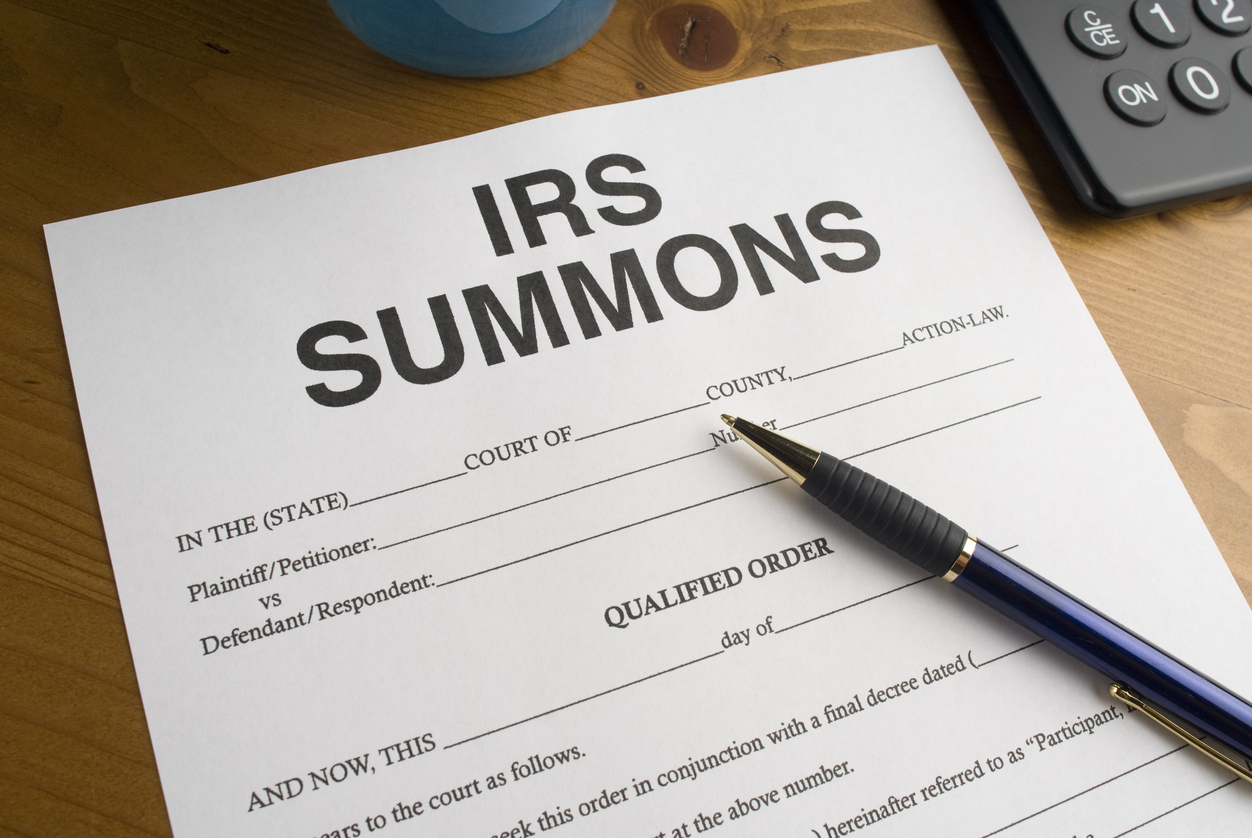
The United States’ tax system relies on the integrity of the taxpayers. The IRS assumes that individuals and businesses file their taxes correctly unless they find an issue with a tax return. When something looks wrong to them, they either correct the issue on their own, or they take action to try to find the source of the problem. Although it may be unpleasant to be under scrutiny by the IRS, they have a reasonable method of obtaining information to resolve their issues.
Request for information
When the IRS wants additional documentation for a questionable tax return, their first step is to send an Information Document Request (IDR) to the taxpayer. The IDR will include a list of documents that the IRS feels will shed light on the tax return in question. If they receive the requested documents and are satisfied with the information, they will close the file. If they aren’t satisfied, depending on whether they find the error to be suspicious or an honest mistake, they will either amend the return or file charges against the taxpayer. While there is no legal requirement to respond to an IDR, failure to do so could lead to further action.
An IRS summons
If the IRS finds a taxpayer to be uncooperative, they will send them IRS Form 2039, which is a summons to appear in court. In 2014, the United States Supreme Court ruled that a taxpayer may challenge an IRS summons request, but only if there is reasonable proof that it was issued in bad faith. Unless the summons is challenged successfully, the taxpayer must appear in court with the requested information.
Seek professional help immediately
It is important to contact your tax professional as soon as you receive an IDR from the IRS. In all likelihood, you will have to comply with their request, and it is crucial for you to understand what they may be looking for and how to respond. The best way to avoid any missteps is to make sure that your accountant helps you get a handle on what is going on and what may come next.
Foster Financial has years of experience in dealing with the IRS. For more information feel free to call us at (602) 833-3260 or contact us online.

Tax Tips for the Self-Employed – Foster Financial
Analyzing the Cost vs. Benefits of Business Expenses
Strategies for Optimizing Your Investments